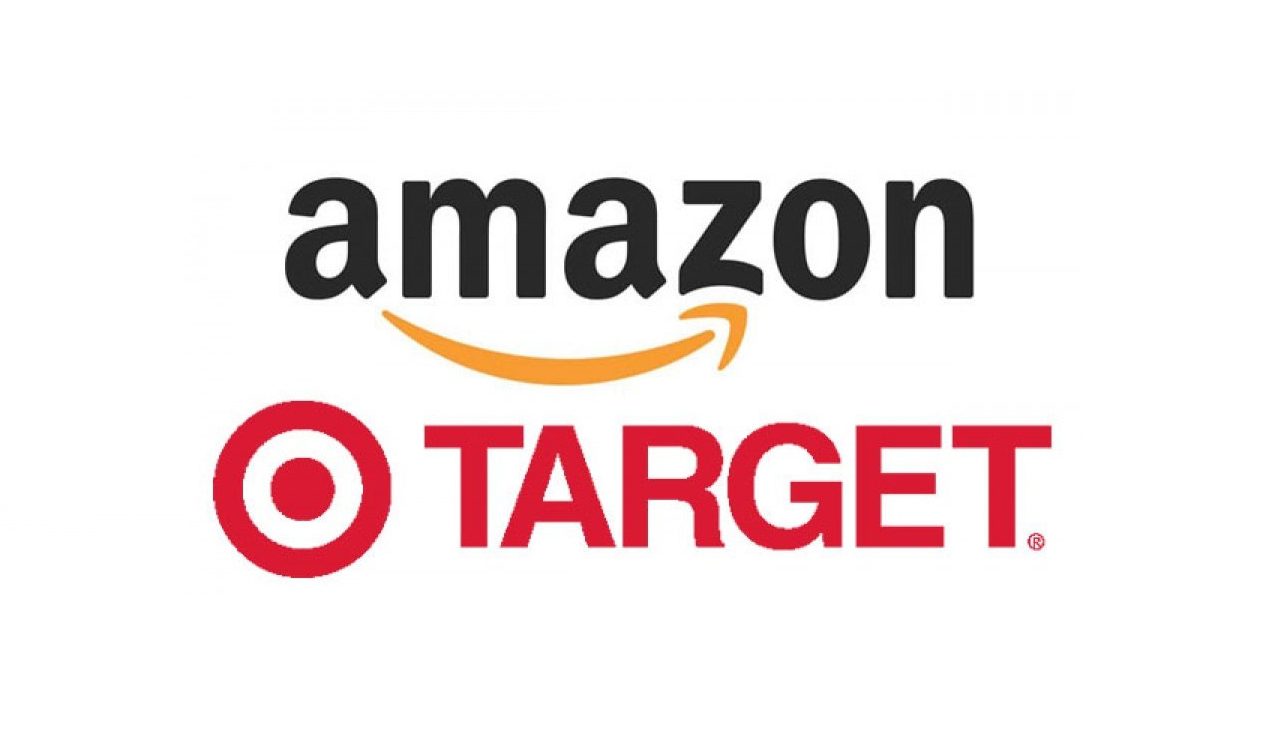Like almost any other Amazon-related sound bite, Loup Ventures’ prediction that Amazon might acquire Target this year garnered a lot of attention in the media. Some retail experts, however, expressed doubt about both the prediction and the rationale behind it.
In an interview on CNBC’s Squawk Box, Managing Partner Gene Munster doubled down on the “boldest” of the eight 2018 predictions he posted on New Year’s Day. However, neither Amazon nor Target has made any public comments on Munster’s prediction since then.
“Getting the timing on this is tough, but we think there’s a 60% to 70% chance Amazon will buy Target this year,” Munster told CNBC. “If you’re going to [look ahead] three years from now, I think it’s a 90% chance because it fits right in line with what Amazon wants to do and how they see the future of retail.
“Amazon really values two things,” he added. “One is the high-end customer and, second, they value offline. What they’re doing with Whole Foods is a big tip of the hand” indicating that Amazon sees its future as a mix of mostly online and some offline.
The acquisition of 1,834 Target stores, plus Whole Foods’ 470 units, would give Amazon approximately 2,300 brick-and-mortar locations, which Munster considers a “manageable but comprehensive” store count.
Target stores could act as distribution centers that would help Amazon cost-effectively execute same-day delivery to Prime members, an initiative the e-Commerce giant has been rolling out to a growing number of metro areas and smaller cities. Through its acquisition of Shipt, Target is poised to provide same-day delivery to the majority of its stores within the year.
However, Munster contends that the last-mile distribution synergy is only part of Target’s appeal for Amazon. “They really see a future offline. It won’t be as big as online, but it would be a measurable part” of the Amazon offering, he said.
Munster explained that Amazon would have no problem funding the deal. Assuming a 15% premium to the present value of Target shares, the acquisition would cost in the neighborhood of $41 billion, less than 10% of Amazon’s market cap. “Amazon doesn’t care about profitability. What they care about is gaining wallet share,” he noted.
Credible Prediction Or Clickbait?
While the business media generally accepted Munster’s arguments and expanded on it with conjectures from editors and various experts, there also was some backlash in the retail community — partly about the soundness of his prediction and partly in response to what is seen primarily as a PR play.
“His rationale does not seem credible to me,” Paula Rosenblum, Managing Partner of RSR Research told Retail TouchPoints. When it comes to the media coverage, she added, “I am really tired of one person’s voice becoming clickbait.”
“I’m skeptical about this prediction — which seems aimed in part to generate clicks and buzz — but Amazon has already proven through the Whole Foods acquisition that it wants more physical locations,” said Dick Seesel, Principal of Retailing In Focus LLC, in a RetailWire discussion. “Keep in mind that Amazon and Kohl’s are also collaborating on some in-store tests of ‘smart home’ shops and return centers.”
“There is logic to an Amazon-Target deal, not least because both players share customers and are operating across multiple categories,” said Neil Saunders, Managing Director for GlobalData in the RetailWire article. “However, for any acquisition to work, Target needs to bring something to Amazon that Amazon cannot achieve itself. As much as Target would bolster Amazon’s top line, Amazon can grow organically without resorting to expensive acquisitions.”
More than advancing Amazon’s retail business, Saunders sees Target’s logistics and supply chain as a greater value. “Target’s shops would give Amazon a ready-built distribution network through which it could offer services like collect-from-store and return-to-store. This is an area of potential weakness for Amazon, especially as Walmart ramps up its efforts in this area,” he said. “Data is arguably another play. Through its loyalty and card schemes, Target has a significant amount of data that Amazon can use and integrate into its systems.”
Nikki Baird, Managing Partner of RSR Research, echoed the view of many RetailWire contributors when she pointed out that Amazon is only four months into absorbing the Whole Foods acquisition. “Amazon has to chew and swallow before it can really take another bite of anything else,” she said.













